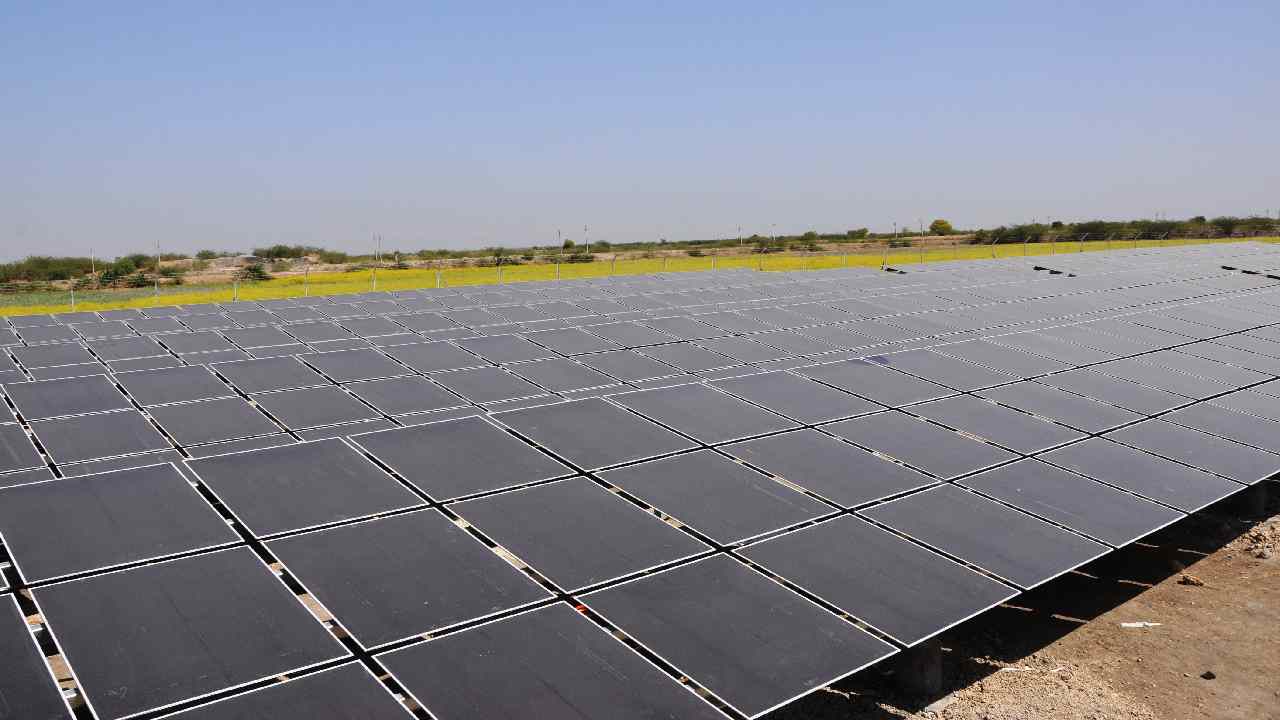In support of India’s clean energy transition, ReNew Power, India’s leading renewable energy company, in partnership with the United Nations Environment Programme (UNEP) and Self-Employed Women’s Association of India (SEWA), has launched a transformative initiative called ‘Project Surya’ to train low-income women salt pan workers to work in the renewable energy industry.
Under this programme, women salt pan workers, who work in a physically challenging environment and extreme temperatures of the remote Rann of Kachchh salt plains, will be trained as solar panel and solar pump technicians at Dhokavada village in the Patan district of Gujarat.
Currently, these women save an average of ₹10,000 in around 10 months, while a solar panel technician can earn up to ₹18,000 a month.
This unique and inclusive project has been initiated to address multiple Sustainable Development Goals (SDGs) under one umbrella, including No Poverty, Gender Equality, Affordable and Clean Energy, Decent Work, Economic Growth, and Climate Action.
Commenting on the newly launched programme, Vaishali Sinha, Chief Sustainability Officer, ReNew, said, “This program brings these inspiring women, who face real hardship in a traditional livelihood and earn a meagre income, into the heart of the clean energy transition to better their lives and brings them into the fight against climate change. This program, that is scalable, is sustainability from the ground up, rather than top-down, and we are proud to partner with UNEP and SEWA to support this”.
Shombi Sharp, UN Resident Coordinator in India, commented, “How we produce energy is the greatest contributor to our climate crisis, accounting for 75% of all greenhouse emissions globally, with more than 80% of India’s population living in areas highly vulnerable to the consequences. Investments in renewables are not only good for those communities and the environment but also generate jobs and social safety nets for the most vulnerable”.
Atul Bagai, Head of India Office, UNEP said: “Evidence from around the world provides a strong case for supporting women-led renewable energy enterprises and supply chains to democratise access to electricity and build a low-carbon and resilient future. This initiative is an endeavour to leverage the unique and complementary strengths of our partners, ReNew Power and SEWA, to create strong replicable models that empower women for climate resilience and inclusive economic growth.”
Reema Nanavaty, SEWA, stated: “The green skills initiative will help SEWA move towards its 50 years resolve of building cleaner skies, cleaner air and cleaner water. We call it as Swachh Akash (clean skies). Even though small, collectively the carbon footprints will make a significant contribution. The younger generation members of SEWA will get decent work and a life of dignity and self-respect.”
The programme will start with training 60 women and, eventually, around 1,000 women will be skilled in clean energy transition roles. The programme will be supported by the National Skill Development Corporation.
ReNew is providing financial support and familiarisation with its renewable facility in the area, while SEWA is the lead implementation partner. For its part, UNEP will be responsible for monitoring and evaluating the project.


























